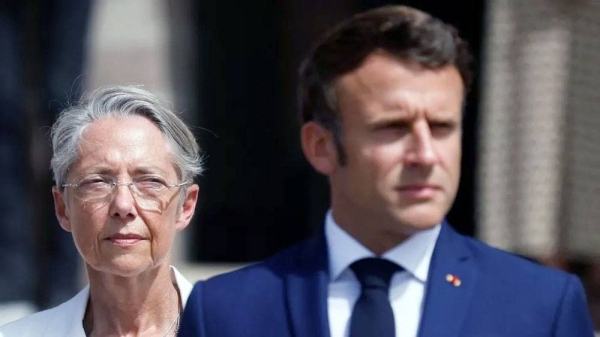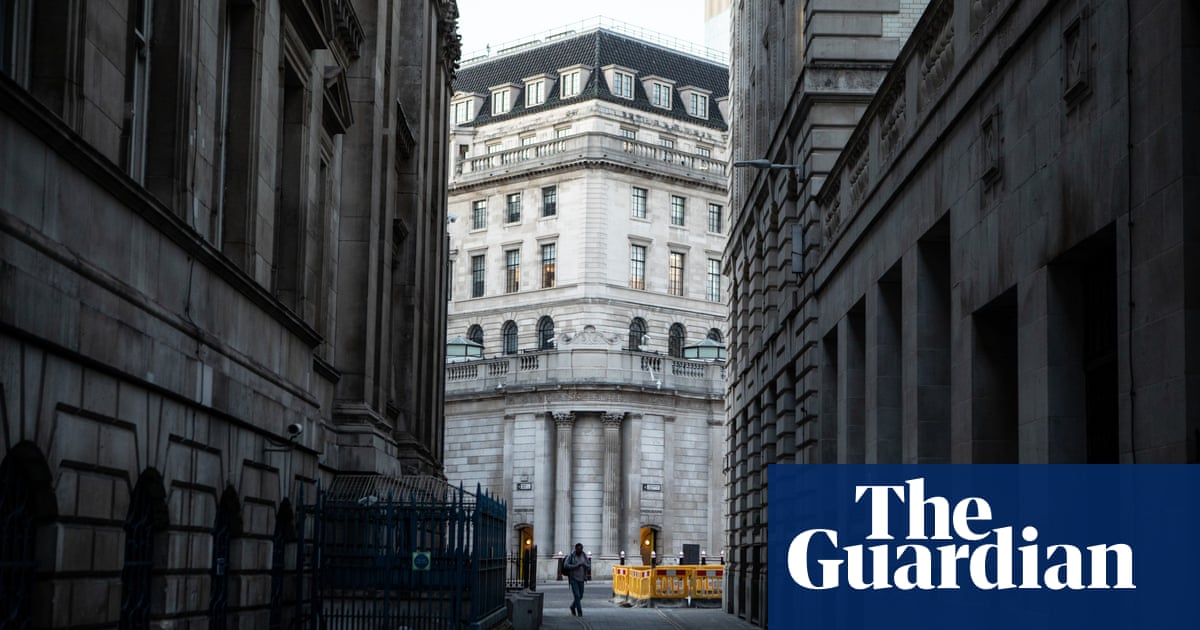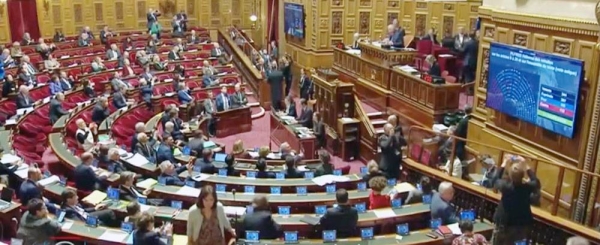
French Prime Minister Elisabeth Borne on Tuesday will unveil the details of a hugely controversial pension reform project to raise the retirement age to 64.
The plan has already angered a large majority of voters and will be a key test of French President Emmanuel Macron’s ability to implement change.
Speaking ahead of crunch talks with unions that have fiercely resisted any change, Borne told FranceInfo radio that the age of 64 is “not set in stone”.
She added that “other solutions” could help the government reach its target of balancing the pensions system by 2030.
The overhaul would be one of the most extensive in a series of pension reforms enacted by successive governments on both the left and right in recent decades aiming to end budget shortfalls.
What is clear is that the French will have to work longer than they do now.
The most likely outcome would see the retirement age raised to 64 from 62 currently. Macron initially banked on 64, but giving up one year will make it easier to get the reform adopted in parliament.
But for the unions, who have all rejected increasing the retirement age, 64 or 65 doesn’t matter much. Any change in the pension age would be “a red line”, said Laurent Berger, head of the moderate CFDT union.
Borne is hoping for parliamentary support from the conservative Les Republicains party, which is broadly in favor of pension reform and could vote with the government.
How its lawmakers vote will make or break the reform in parliament, where Macron lost his outright majority last year.
LR’s new chief Eric Ciotti said he would back the reform if his conditions are met, including increasing the retirement age to 64 rather than 65 and bumping up the minimum pension for all, rather than only for new retirees.
Their backing would save Borne from having to make use of a constitutional measure, article 49.3, giving a minority government the right to push through legislation without a vote.
Such a move would, however, undermine the legitimacy in public opinion of the entire reform, analysts say.
Pension reform in France, where the right to retire on a full pension at 62 is always a highly sensitive issue and even more so now with social discontent mounting over the cost of living.
With currently one of the lowest retirement ages in the industrialized world, France spends more than most other countries on pensions at nearly 14 percent of economic output, according to the Organization for Economic Cooperation and Development.
54 percent of French oppose the reform, a Harris-Interactive poll showed on Monday. An Elabe poll for BFM TV last week showed only 27 percent of voters agree with increasing the retirement age — most of whom back 64 and not 65.
Some 47 percent want no change to the retirement age and 25 percent want retirement to be earlier than now.
The revamp was supposed to have been announced in mid-December but Macron, whose ruling party lost its overall parliament majority in polls last year, delayed the announcement to allow further talks.
But he said he would not be sidetracked. “This year will be the year of pension reform,” he said in his traditional New Year’s address.
A new system would be implemented “by the end of the summer”, he promised.
Left-wing politicians have announced a tough fight against Macron’s reform plans, including calls for mass demonstrations.
“It’s going to get hot in the streets,” threatened the leader of the far-left LFI party, Jean-Luc Melenchon.
“This is a question of social justice,” tweeted the Socialist Party’s parliamentary boss, Boris Vallaud. “We say no to any change in the retirement age.” — Euronews












